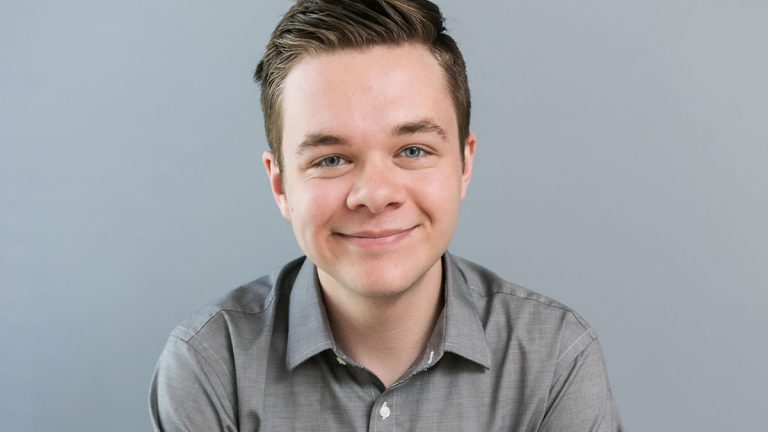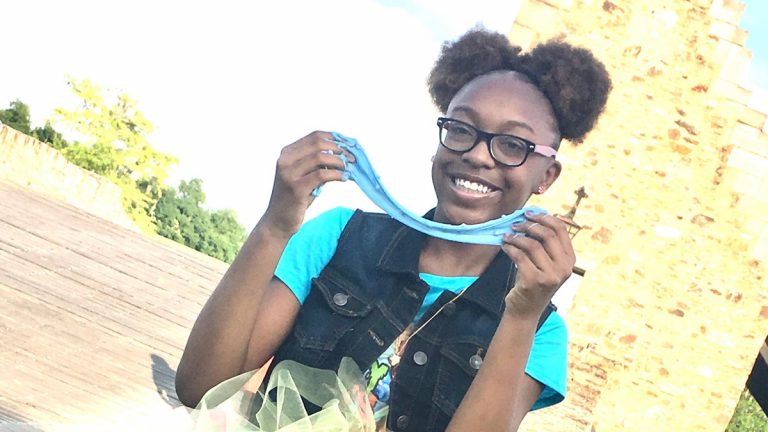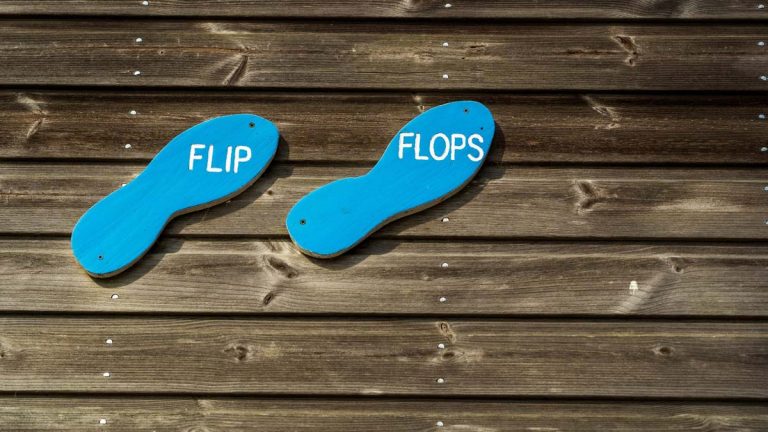Caleb Nelson started his business the way a lot of young entrepreneurs do – he asked his dad for a loan. But it wasn’t quite as easy as that may sound.
For one thing, he was asking for a big chunk of change; Caleb figured he’d need $10,000 for his plan: a business shuttling visitors around town in pedicabs – carts attached to the back of bicycles.
And Caleb, at the time, was only 14 years old.
He didn’t take any chances. Caleb put together a slideshow outlining his business plans and presented it to his dad, as if he were a Silicon Valley start-up seeking funds from venture capitalists.
It worked – sort of. His father agreed to loan him half the $10,000 if he could raise the rest himself. That was a tall order for someone who was still in middle school.
“I went to local businesses and offered them advertising space on the pedicabs … Getting advertisers was one of the hardest things I have ever done in my life,” Caleb explained. “I would go to a business and stand in front of it for, like, 10 or 15 minutes and talk myself into going in because it scared me so much.”
But Caleb was able to raise his half. Soon, he and his father were off to Denver to buy two pedicabs. After recruiting middle school classmates, Romeo’s Rickshaws was up and running. (The name is technically inaccurate since a rickshaw is slightly different from a pedicab, but it had a Shakespearean ring to it.)
The first year, 2017, the business earned only $20 in profits. He did not want to publicly disclose profits after the first year but it was many times the amount in the first year — hardly enough to make him wealthy but enough to make the venture worthwhile. Unfortunately, operations were suspended in 2020 due to the dangers from COVID 19.
The money will come in handy when Caleb goes to college – now 17, he’s only a high school senior. But that’s only part of his satisfaction.
“The money is good but the learning is what I’m most grateful for,” he said.
Caleb’s education began before he even started the business. For one thing, he was clever enough to pursue an idea that he knew filled a need – and that he knew his father would like. In fact, it was his father who planted the seed for the business in Caleb’s mind.
Every summer, the town where they live – Cedar City, Utah – hosts the Utah Shakespeare Festival. It’s a huge event for the small town, bringing 100,000 theater patrons from as far away as California, Nevada and Arizona.
One day, Caleb overheard a conversation between his father and a friend in which they discussed the need for festival-goers to more easily get around to the city’s shops, restaurants and other businesses. Someone should start a shuttle service, his father said.
Caleb remembers his father’s exact words: “Wouldn’t it be cool if someone did that?”
The teenager did his homework before launching the business. One thing Caleb realized is that the festival’s program had so many ads that it was hard for any business to stand out. The ads on Romeo’s Rickshaws not only stand out, but pedicab operators are trained to steer riders to advertisers, he said.
Caleb also learned a lot about attracting customers, as well as recruiting and retaining employees.
The rides are free; customers only pay tips to the operators.
Caleb hires friends from his high school – about seven or eight each summer – with the promise of decent-paying jobs. The workers keep a portion of their tips and if the tips don’t add up to at least $10 an hour, the company subsidizes their income.
But if workers don’t earn at least the minimum wage ($7.25/hour in Utah), “they don’t they usually don’t work for us for very long,” Caleb said.
Despite his success, Caleb does not see Romeo’s Rickshaws as a lifelong venture. For the profit it generates, it’s too labor-intensive, he said
“It makes money but it’s a lot of work,” he confesses.
He plans to sell the pedicabs before he goes away to college but he will keep the lessons he learned from the business. “It forced me out of my comfort zone and made me do things that I don’t think I would have been able to do otherwise… It has shown me that I want to go into business for the rest of my life,” he said.







